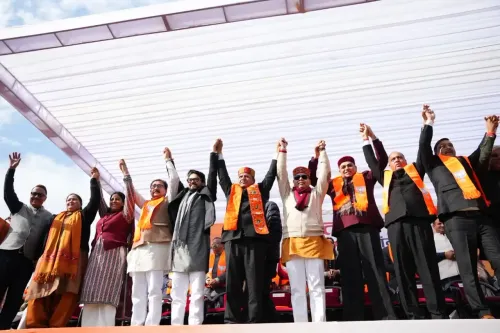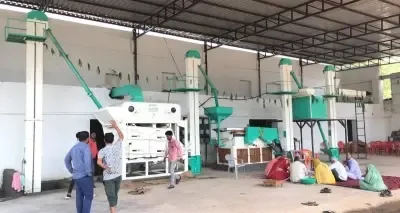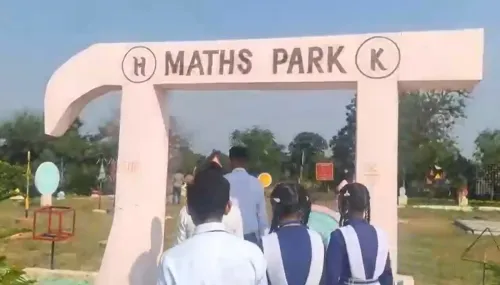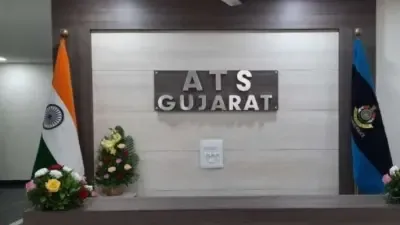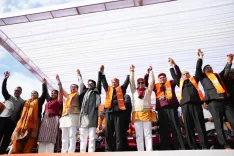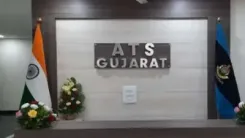How Many Loans Have Been Sanctioned Under the MUDRA Scheme?
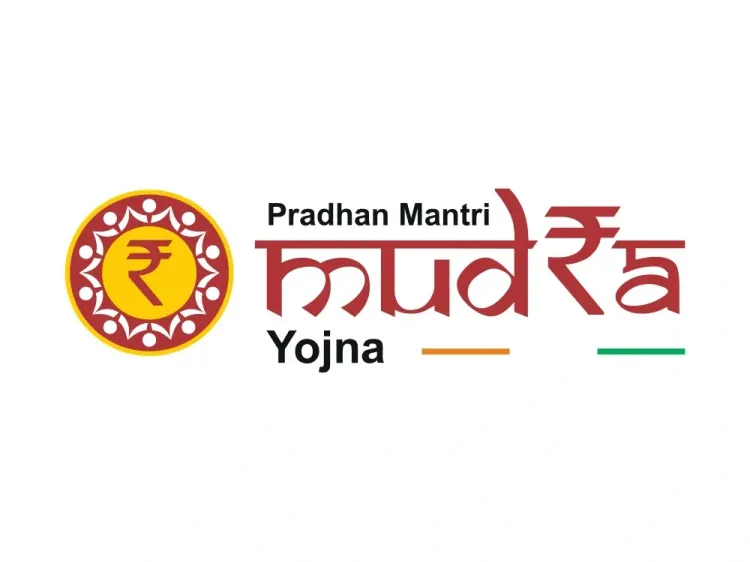
Synopsis
Key Takeaways
- 53.85 crore loans approved under PMMY.
- Rs 20 lakh collateral-free loans for micro enterprises.
- Over 55.90 crore accounts opened under PMJDY.
- Technological advancements enhance credit assessment.
- Priority Sector Lending targets established by RBI.
New Delhi, Aug 4 (NationPress) Since its launch, 53.85 crore loans totaling over Rs 35.13 lakh crore have been approved under the Pradhan Mantri MUDRA Yojana (PMMY), as disclosed in Parliament on Monday.
The PMMY offers collateral-free loans of up to Rs 20 lakh to micro and small businesses, fostering self-employment and income creation.
Additionally, the introduction of the Pradhan Mantri Jan Dhan Yojana (PMJDY) in August 2014 has significantly contributed to bringing unbanked individuals into the financial fold by making it easier to open basic savings accounts, which come with features like RuPay debit cards and an overdraft option.
According to Minister of State for Finance, Pankaj Chaudhary, more than 55.90 crore accounts have been established under PMJDY.
The government has initiated numerous measures to enhance financial inclusion, ensuring that access to basic banking services translates into active participation in the formal financial system, including credit access.
Specific programs such as Stand-Up India (SUPI), PM Street Vendor’s AtmaNirbhar Nidhi (PM SVANidhi), PM Vishwakarma, and the Prime Minister’s Employment Generation Programme (PMEGP) have been launched to broaden credit accessibility for SC/ST and women entrepreneurs, street vendors, artisans, and other micro-entrepreneurs, the minister added.
To enhance credit assessment for individuals without traditional credit histories, the government is utilizing technology and alternative data.
A Grameen Credit Score has been introduced to aid in credit assessment for Self-Help Group (SHG) borrowers and rural communities, including farmers and marginalized groups. This initiative aims to improve the accuracy and objectivity of credit evaluations, facilitating better access to formal credit in rural regions.
The MSME New Digital Credit Assessment Framework by Public Sector Banks employs integrated data from Income Tax returns, GST filings, and utility payments for quicker and more accurate credit assessments, Chaudhary stated.
The Jan Samarth Portal, a comprehensive digital platform, has been launched to link credit seekers with applicable government schemes, thus improving transparency, reducing processing time, and enhancing outreach.
Moreover, the Reserve Bank of India (RBI) mandates Priority Sector Lending (PSL) targets to ensure that credit is directed towards sectors like agriculture, micro and small enterprises, disadvantaged groups, and other neglected areas of the economy.


